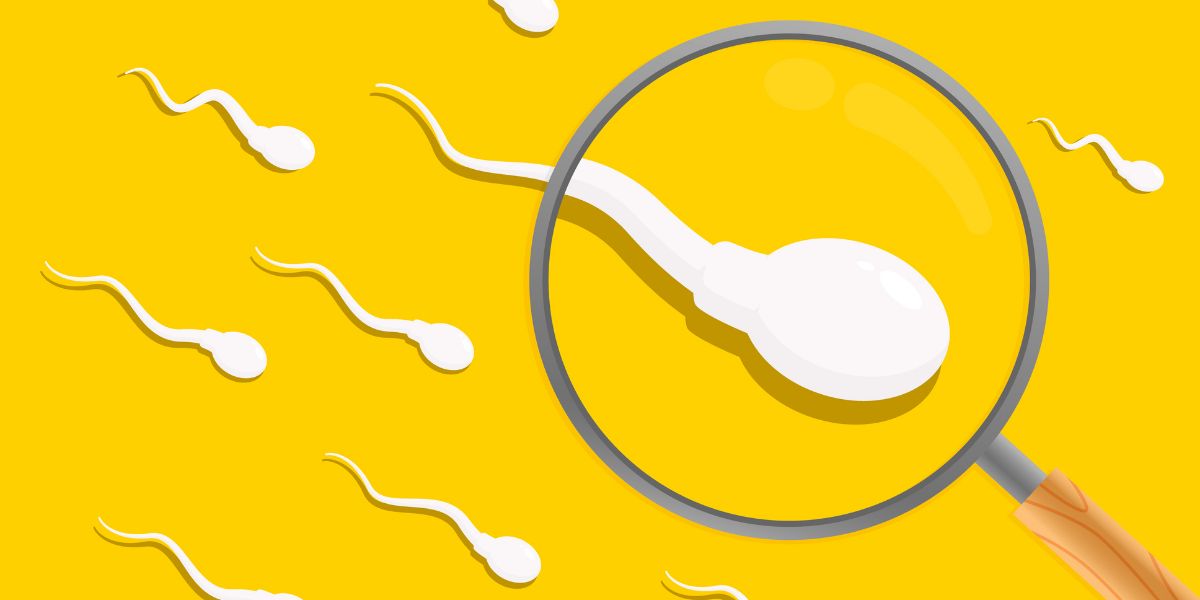Diabetes is associated with lower rates of fertility.
There are a number of reasons which can play a part including, obesity, being underweight, having diabetic complications, having PCOS and having an autoimmune disease.
With this said, many women with diabetes are able to conceive, particularly if diabetes is well controlled and a healthy body weight is maintained.
Conditions
The following conditions are associated with reduced fertility rates:
- Polycystic ovary syndrome (PCOS)
- Oligomenorrhea (irregular periods)
- Secondary amenorrhea (absent periods)
- Premature menopause (premature ovarian failure)
- Endometrial cancer (uterine cancer)
- Microvascular and cardiovascular complications
Polycystic ovary syndrome (PCOS)
PCOS is a common condition in which a large number of cysts develop on the ovaries.
Whilst this feature does not in itself pose a health risk, it can reduce fertility. Women with PCOS have higher than normal levels of testosterone (hyperandrogenism).
PCOS can affect fertility by leading to irregular periods (oligomenorrhea) or absent periods (secondary amenorrhea). The condition can be treated through making lifestyle changes , while medications such as clomifene and metformin can help with improving the chances of conception.
PCOS is particularly associated with obesity and type 2 diabetes. People with type 1 diabetes that are taking high amounts of insulin daily may also be at risk of or suffer from PCOS.
Oligomenorrhea and secondary amenorrhea
Oligomenorrhea is the term for irregular periods that arrive at intervals of 35 days or more between each period.
Secondary amenorrhea is said to occur if you have previously had a normal menstrual cycle but have stopped getting a periods for 6 months or longer.
Both type 1 diabetes and type 2 diabetes are associated with increased risks of late and absent periods (oligomenorrhea and secondary amenorrhea).
PCOS and obesity can contribute to these conditions and so can being underweight, with women going through diabulimia at particular risk.
Premature menopause
Premature menopause, also known as premature ovarian failure, is defined as reaching the menopause (the time when periods stop) before 40 years old. Research by Sytrotmeyer et al, in 2003, shows that type 1 diabetes is associated with a greater risk of menstrual problems including premature menopause.
Early menopause has also been associated with other autoimmune conditions such as Addison’s disease and Hashimoto’s thyroiditis, as well as hypothyroidism (an underactive thyroid gland).
Research by Elbers et al, from 2011, suggests that type 2 diabetes is also associated with greater rates of premature menopause.
Endometrial cancer (uterine cancer)
Endometrial cancer , which is more common in women with type 2 diabetes and PCOS, can lead to infertility if the cancer is not diagnosed and treated at an earlier enough stage.
Microvascular and cardiovascular complications of diabetes
A 2007 study by Jonasson et al showed that women with type 1 diabetes with complications of diabetes, including microvascular (retinopathy, neuropathy and nephropathy) and cardiovascular complications , experienced much lower rates of fertility.
Medications
Some medications may also be associated with decreased fertility. Such medications include:
- Non-steroidal anti-inflammatory drugs (NSAIDs) such as ibuprofen or aspiri, may make conception more difficult if taken in high doses or over long periods of time.
- Chemotherapy drugs, for treatment of cancer , can increase the risk of ovarian failure.
Miscarriage
Miscarriage is more likely as a result of diabetes, particularly if diabetes is not well controlled before or during the pregnancy.
It is therefore strongly advised to achieve good control of blood glucose levels before you intend to conceive.
- Read more about diabetes and pregnancy







